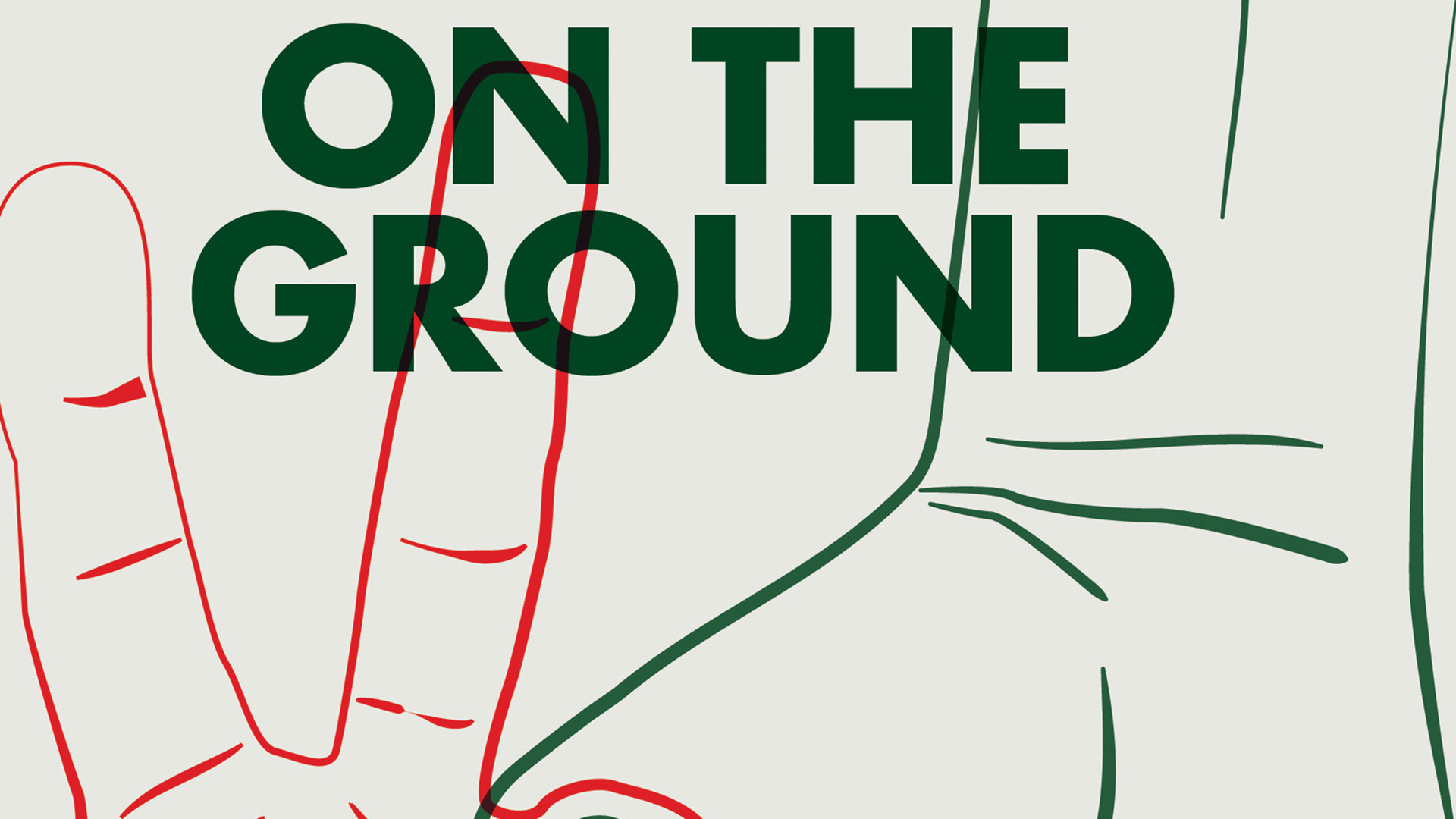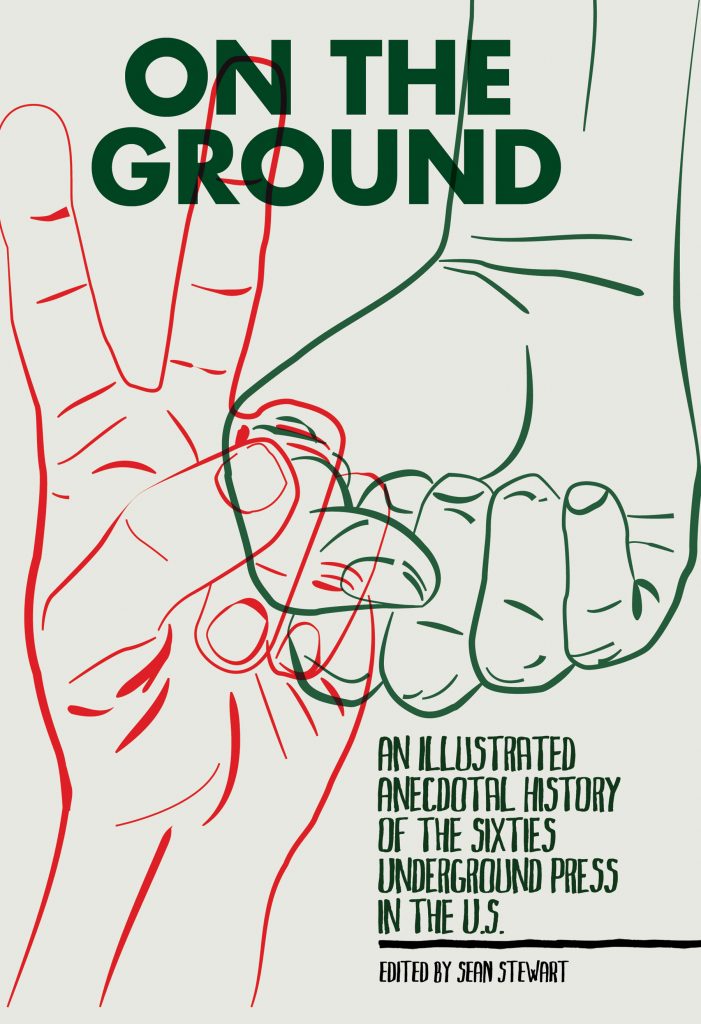by Laura Tanna
Jamaica Gleaner
August 26, 2012
A Jamaican’s take on the United States at one of its most stimulating periods of political and social growth
This
book, edited by a scion of the Jamaican Kennedy clan—though he prefers
to be acknowledged on his individual credits—was given to me by a media
colleague who knew that I had graduated from the University of
California at Berkeley in 1969, hotbed of student radicalism in the
’60s, after meeting my future husband upon my arrival there in 1965.
Yes,
can you imagine Dhiru Tanna giving a rousing speech on behalf of the
movement against colonialism on the steps of Sproul Hall? But he did,
and we both took the student movement at Berkeley in our strides as part
of our education. We were global before most people knew what was
entailed in that term.
But what my colleague here didn’t know was
that although I started high school in a segregated town in Indiana,
and then became the first American to ever attend the Shia Imami
Ismailia Secondary School in Kampala, Uganda—a Muslim school for those
of you who aren’t up on your Islamic terminology—I also ended my
secondary school education at Friends Seminary—a private Quaker New York
school where most of the students were Jewish or Episcopalian – while
living in Greenwich Village, so that between Berkeley and the Village,
while helping to edit The Journal of New African Literature and the Arts
(JONALA) while in California.
I can probably appreciate Sean
Stewart’s book better than most people in Jamaica or, for that matter,
in the United States of America. Now, normally, I take a very low
profile, usually eliminating myself from interviews to the extent that
most people don’t even realise those which I have done. But in this
case, I want you to know that I am qualified to tell you that this is a
brilliant book.
One of my Jamaican friends in Miami picked it up
and was mesmerised by the posters and magazine covers from the ’60s’
underground press reproduced in On The Ground.
Unfortunately,
for copyright reasons, we can’t reproduce them for you here, but what
Sean has done is to research the publications which were instrumental in
fomenting the fight for human rights, whether they be against the war
in Vietnam, or discrimination against people of colour, or
discrimination against women or those whose sexual orientation is not
that of most others. The underground press started on the former, but
over the years, showed the way towards the liberation of all others.
Now
Sean Stewart, born and raised in Kingston, then having migrated to
North America, appreciated that in these small local presses, in some
cases no more than mimeographed handouts on street corners, herein lay
what press freedom and social progress is all about.
GOOD PERSPECTIVE
His
editing takes a little time to grow on the reader, but it is useful. He
selects excerpts from interviews with, or writings by, various
underground editors or authors—whether they be Jewish high-school
students, middle-class Midwesterners or members of the Black Panther
movement—and isolates them into subjects within chapters.
After a
while, you get to know the different personalities and move with the
times and the themes that Stewart has selected. In so doing, he creates a
superb history of America at one of its most stimulating periods of
political and social growth. Anybody wanting to understand what modern
America is all about should read this volume.
It’s not always
easy. Some of it is disconcerting, discombobulating for those not
familiar with this decade, but persevere. You will start to grasp what
motivates the baby-boomer generation that now holds sway in positions of
power, or that motivates those who resent the potential liberalism
represented by the ideas put forth in the underground press.
Paul
Buhle in his preface proclaims: “We changed journalism, battled
repressive laws” and they had fun in the process. Jamaicans should
especially appreciate this book because it speaks to individuality,
neither conformist nor non-conformist. It deals with the sacredness of
human life, examines the moral courage of direct action during the civil
rights movement, and illustrates how journalism became a lifestyle of
total immersion, both political and cultural.
GREAT READ
I
have pages of quotations of relevance from this volume, too many to
share with you here. For example, this quote from Ben Morea, of Black
Mask, The Family, which illustrates the power of music, something
Jamaicans understand, and these were free concerts.
“There was a
certain cultural antagonism between the ghetto-dweller and the youth,
the hippie. They didn’t quite have the same background, so our role was
always to try and ease that tension . . . We’d have black bands or steel
drum bands, rock bands, and Latin bands all playing together so the
audience would be all three. I mean that was our goal, it was conscious.
We would try to bring together art and politics or ghetto and hippie—we
were always trying to bridge gaps.”
On The Ground,
available on Amazon.com, is probably going to be difficult for you to
find in a local bookstore, but look for it, read it, and appreciate how
Jamaicans of all backgrounds contribute to understanding our global
culture and how it has evolved.







